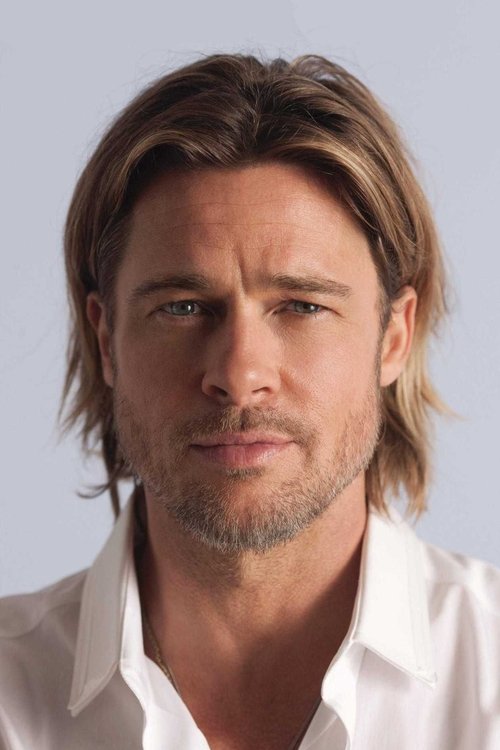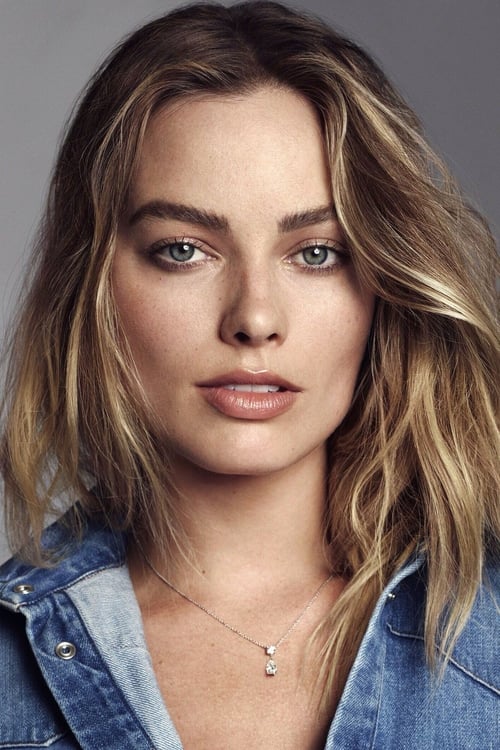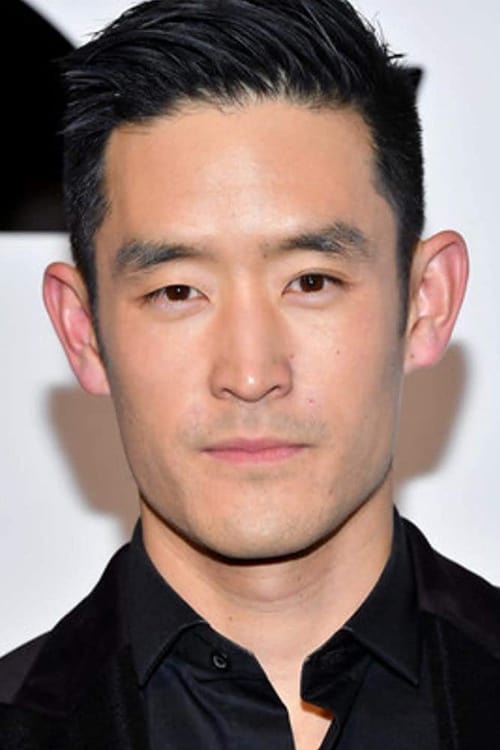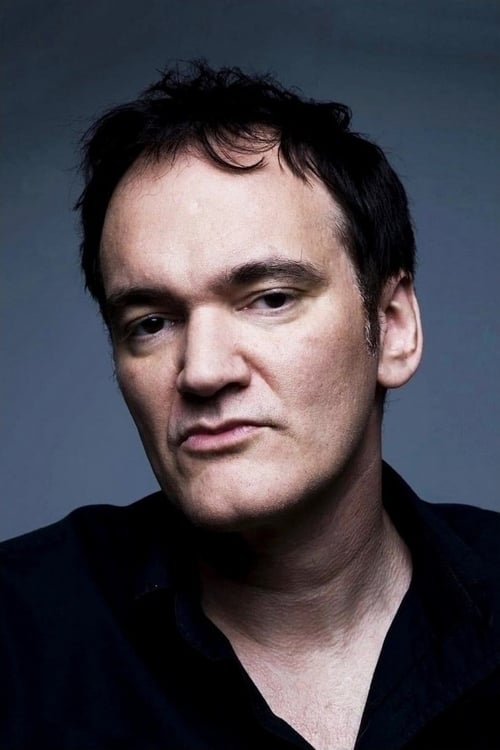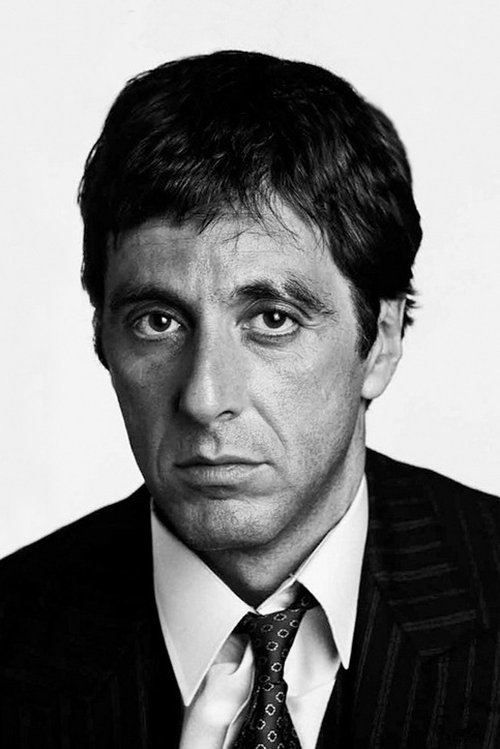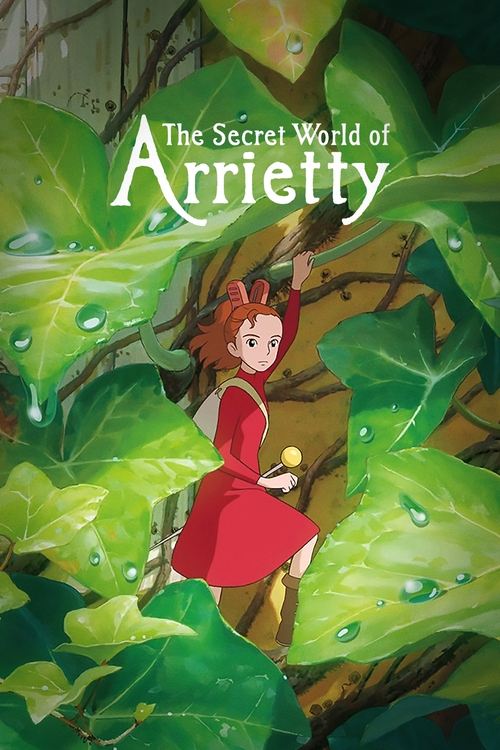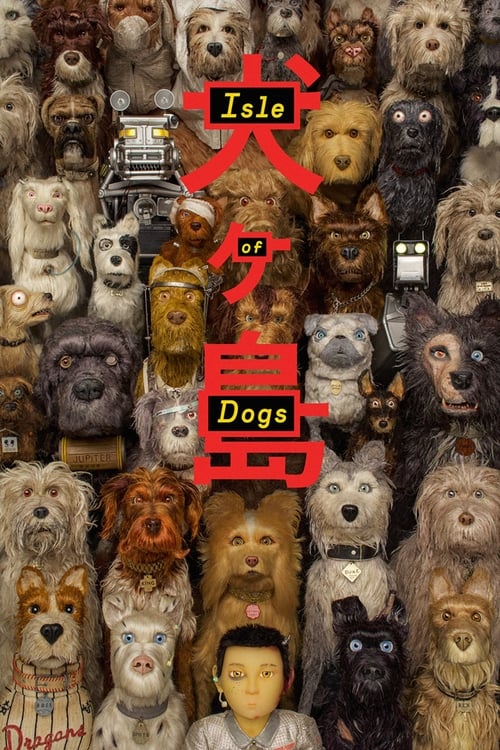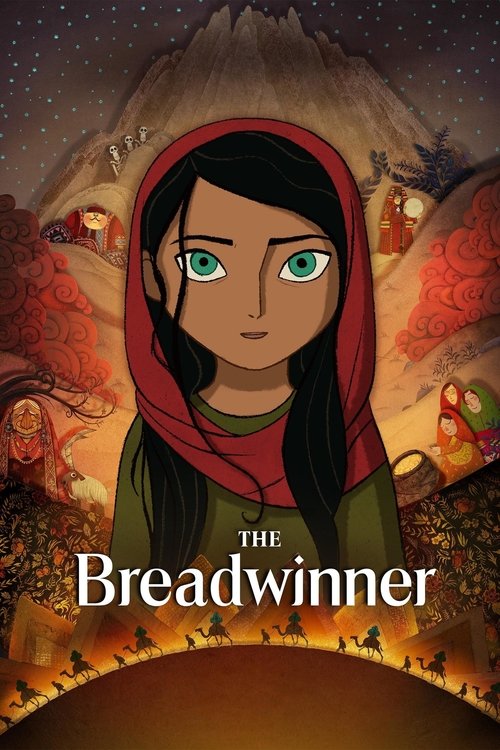
Once Upon a Time... in Hollywood
Los Angeles, 1969. TV star Rick Dalton, a struggling actor specializing in westerns, and stuntman Cliff Booth, his best friend, try to survive in a constantly changing movie industry. Dalton is the neighbor of the young and promising actress and model Sharon Tate, who has just married the prestigious Polish director Roman Polanski…
Dialogues from Movie Once Upon a Time... in Hollywood
Quotes from Movie Once Upon a Time... in Hollywood
Sound Tracks from Once Upon a Time... in Hollywood by Ennio Morricone
Treat Her Right
Treat Her Right by Roy Head, Plays in the car as Cliff drives
Ramblin' Gamblin' Man
Ramblin' Gamblin' Man by Bob Seger, Played during the party scene
Hush
Hush by Deep Purple, Scene at the drive-in theater
Mrs. Robinson
Mrs. Robinson by Simon & Garfunkel, Montage sequence
Listen to Me Marlon
Listen to Me Marlon by Various Artists, Later montage scenes
Download App
Memorable Scenes from Movie Once Upon a Time... in Hollywood
Rick's Heartfelt Moment
Rick Dalton is at his breaking point after a series of failures in his career. He sits alone in his trailer, drinking and struggling with his self-worth. His deep emotions surface as he reflects on his past successes and current fears. At this pivotal moment, he decides to confront his inner demons instead of giving up. The camera focuses on his face as he tears up, capturing a vulnerable side that audiences rarely see. This moment not only deepens Rick's character but also symbolizes the challenges faced by many in Hollywood.
Context: This scene unfolds after Rick faces rejection and realizes he's not the biggest star he once was. His insecurities about aging and being forgotten in the industry push him towards this moment of crisis.
Sharon Tate at the Movies
In a joyful moment, Sharon Tate enters a movie theater to watch herself in 'The Wrecking Crew.' The camera captures her excitement and innocence as she beams with happiness, sharing the experience with other patrons. This scene contrasts sharply with the dark fate awaiting her, highlighting the innocence lost. The sound of the film playing in the background merges with Sharon's laughter, creating a bittersweet atmosphere filled with nostalgia.
Context: This scene shows Sharon's love for her work and how she finds joy in the simplest moments. It serves as a celebration of her life before the tragic events that follow.
Cliff and Brandy's Bond
Cliff Booth is shown bonding with his dog, Brandy, in a quiet moment at home. The simple scene is filled with warmth as Cliff trains Brandy, showcasing their strong connection. The emotional peak occurs when Brandy responds perfectly to Cliff’s commands, embodying loyalty and companionship. It emphasizes Cliff’s gentle nature and love for his dog, contrasting with the chaos of his life outside. Through this scene, viewers learn more about Cliff's character and the importance of loyalty.
Context: This scene takes place in the midst of Cliff's turbulent life, highlighting the tranquility he finds in his relationship with Brandy and setting up the stakes for their safety later in the film.
The Final Showdown
In a tense and explosive climax, the Manson Family confronts Rick and Cliff at their home. As the tension escalates, Cliff unleashes Brandy, who becomes a fierce protector. The pivotal moment occurs when Rick decides to fight back in an unexpected and over-the-top manner, showcasing his character's arc from a washed-up actor to a hero. The sequence is filled with chaotic energy, showcasing brilliant stunt work and dramatic visuals that both thrill and shock the audience.
Context: The build-up to this scene has been filled with tension surrounding the Manson Family and the foreshadowing of violence. It culminates in a moment that highlights Rick and Cliff's transformation as characters.
The Death of a Dream
A touching yet heart-wrenching moment occurs when Rick realizes he's been replaced on a film by a younger actor. The camera zooms in on his face filled with disappointment and loss. The dialogue here resonates deeply, as he grapples with the fragility of fame and the inevitability of aging. This moment encapsulates his fears of being forgotten in a world that moves on without him, striking a chord with anyone who has faced unexpected change.
Context: Building on the theme of struggle in Hollywood, this scene highlights Rick’s emotional turmoil and serves as a precursor to his decisions later in the film.
A Night in the Spotlight
Rick and Cliff attend a party at the Playboy Mansion. The vibrant, glamorous world dazzles Rick, who gets caught up in the excitement. This creates a pivotal moment when he glimpses Sharon Tate interacting with others, revealing his admiration for her talent and beauty. The contrast between their lives becomes visually striking and leaves viewers feeling both hope and melancholy regarding their paths crossing.
Context: The party serves as a microcosm of the entertainment industry's allure, contrasting with the personal struggles both Rick and Cliff face. It showcases the vibrant 1960s culture while foreshadowing the tragic end.
The Tragic News
The moment of realization washes over Cliff when he hears of the Manson Family's brutal actions. The serene setting of his home sharply contrasts with the gravity of the news. The emotional weight is heavy as he comprehends the danger surrounding him and Rick. The scene delivers gut-wrenching tension that breaks the previous lighter moods, highlighting the dark undercurrents of Hollywood.
Context: This scene acts as a turning point, merging the narrative threads of Cliff's life with Sharon Tate's looming tragedy, deepening the film's exploration of violence in pursuit of fame.
The Dinner Scene
At a dinner with Rick, Cliff, and other actors, the dialogue captures the insecurities and complexities of each character's life in Hollywood. The discussion about work and personal struggles feels genuine and relatable. The pivotal moment comes when they reveal their vulnerabilities, striking a chord with viewers. The scene is filled with soft lighting and close-ups that emphasize the emotions swirling within the group, making it feel intimate and impactful.
Context: Set amidst the 1960s Hollywood backdrop, this scene explores the relationships and conflicts within the industry, shedding light on the loneliness that often accompanies success.
Cliff's Flashback
Cliff recalls a moment from his past with his wife, showcasing their relationship's complexity. The nostalgia hits hard when viewers see their love turning into conflict. The pivotal moment is when he chooses to let her go, revealing his struggle with commitment. The visuals shift between the bright memories and somber reality, encapsulating the bittersweet nature of love, loss, and the passage of time.
Context: Emphasizing Cliff's complex character, this scene highlights themes of love and regret within the broader narrative of friendship and loyalty.
Rick's Redemption
Rick gets a chance to perform as a villain in a Western film. As he prepares for the scene, a wave of confidence washes over him. The moment he delivers his lines with conviction marks a pivotal change in his character's journey from insecurity to embracing his talent. The camera captures his intensity, and the audience witnesses Rick reclaiming his identity, proving he can still captivate the audience.
Context: This performance serves not just as a pivotal point in the film but also as a metaphor for Rick's battle against his fears and doubts, reinforcing the theme of resilience.
The Impact of the Past
Cliff visits the Spahn Ranch and has an unsettling encounter with the Manson Family. The tension builds as he senses something ominous. The pivotal moment comes when he realizes how the past continues to haunt the present. The atmosphere is thick with foreboding; the visuals capture the eerie nature of the ranch, leaving viewers on edge. Cliff’s instincts and bravery set up a chilling sense of dread.
Context: This scene is critical in foreshadowing the violence that will come, illustrating how the past intricately weaves into the narrative and ultimately shapes the characters' fates.
The Connection Between Friends
Rick and Cliff share a quiet moment of reflection in a bar. Their conversation touches upon their friendship and the loyalty they feel for one another. The dramatic weight peaks when Rick expresses doubts about his career, and Cliff reassures him with heartfelt words that resonate deeply. The visuals capture their camaraderie as the warmth of their bond stands out against the backdrop of uncertainty. This moment celebrates the essence of their friendship while exposing their vulnerabilities.
Context: Their relationship serves as the emotional core of the film. This exchange reinforces the theme of friendship in a world filled with competition and ambition.
Sharon's Dance
Sharon Tate dances joyfully at a party, radiating light and happiness. The scene is playful and whimsical, filled with vibrant colors and music. The mood shifts dramatically as the audience is reminded of her tragic fate looming in the future. The juxtaposition of her joy against the background of impending doom creates a powerful emotional impact. Viewers can't help but feel a sense of dread mixed with admiration for her spirit.
Context: The juxtaposition highlights the theme of innocence lost, reminding viewers of the fleeting nature of happiness in a world that can change in an instant.
A Father's Reflection
Rick watches a movie featuring a father protecting his child, leading to a poignant reflection on his own choices. The scene becomes emotionally charged as he realizes the weight of his responsibilities. The pivotal moment comes when he decides to take a stand and change his path for the better. Cinematic techniques such as close-ups capture his inner turmoil, making his realization resonate deeply.
Context: This moment emphasizes one of the film’s central themes: the balance between ambition and the responsibilities of personal relationships, especially in the cutthroat world of Hollywood.
The Final Goodbye
As the night ends, Rick and Cliff share a bittersweet farewell. Rick acknowledges the changing tides of their lives and lets go of the past, signifying their growth. The moment captures the essence of their brotherhood and the shared experiences that brought them together. The visuals are soft, accompanied by a melancholic score, evoking a mix of sadness and hope.
Context: This farewell is significant as it symbolizes acceptance of change. It encapsulates the film’s themes of loyalty amidst transitions in life and career.
The Unraveling at Spahn Ranch
Cliff’s confrontation with the Manson Family at Spahn Ranch turns hostile as he realizes the danger he is in. The tension escalates palpably, and the pivotal moment occurs when he stands up against them, showing his bravery. The mix of chaos and uncertainty leaves the audience holding their breath, showcasing Cliff's character in a way that balances toughness with vulnerability.
Context: This scene ties together the themes of friendship, loyalty, and the darker elements of Hollywood history while drawing a stark contrast between Cliff and the Manson Family.
Rick's Despair
Rick is shown isolated and lost as he reflects on the personal toll of his career. His expressions of despair create a poignant moment that resonates with anyone feeling the weight of societal expectations. The audience feels his struggle viscerally, thanks to the cinematography and acting that highlights his isolation.
Context: The scene emphasizes the internal battles faced by celebrities behind the public facade, reinforcing that their struggles are often as real and painful as anyone else’s.
A Mother's Pride
Sharon Tate speaks with her friends about her dreams and excitement for the future. This moment shows her warmth and ambition, making the audience root for her. The pivotal moment comes when she expresses her desire to become a legend in Hollywood. The visual storytelling, filled with hope, leaves an emotional imprint while foreshadowing her tragic fate.
Context: This scene reflects the aspirations of a rising star, deepening the emotional connection the audience feels for Sharon as they are drawn into her world.
The Moment of Confrontation
Rick and Cliff face the Manson Family in a heart-pounding confrontation. The shift from calm to chaos happens quickly. The culmination of tension peaks when Cliff unleashes Brandy in a stunning act of defense. The raw energy of the scene leaves viewers in shock and awe, showcasing their growth into unlikely heroes. The visual and sound design heightens the intensity, solidifying this moment as a cinematic high point.
Context: This climax gathers the various threads of suspense and character development, leading to a cathartic resolution that ties everything together.
The Healing Moment
Rick helps a distraught Cliff after a confrontation, renewing their bond as friends. The scene's warmth resonates as they support each other, marking a moment of healing amidst their struggles. Their dialogue is filled with understanding, showcasing the depth of their friendship and the peace that comes after chaos. The visuals underline the comfort they find in one another’s company.
Context: This scene emphasizes the resilience of their friendship, capturing how relationships can be a balm for pain, effectively tying into the film’s overarching themes.
Download App



